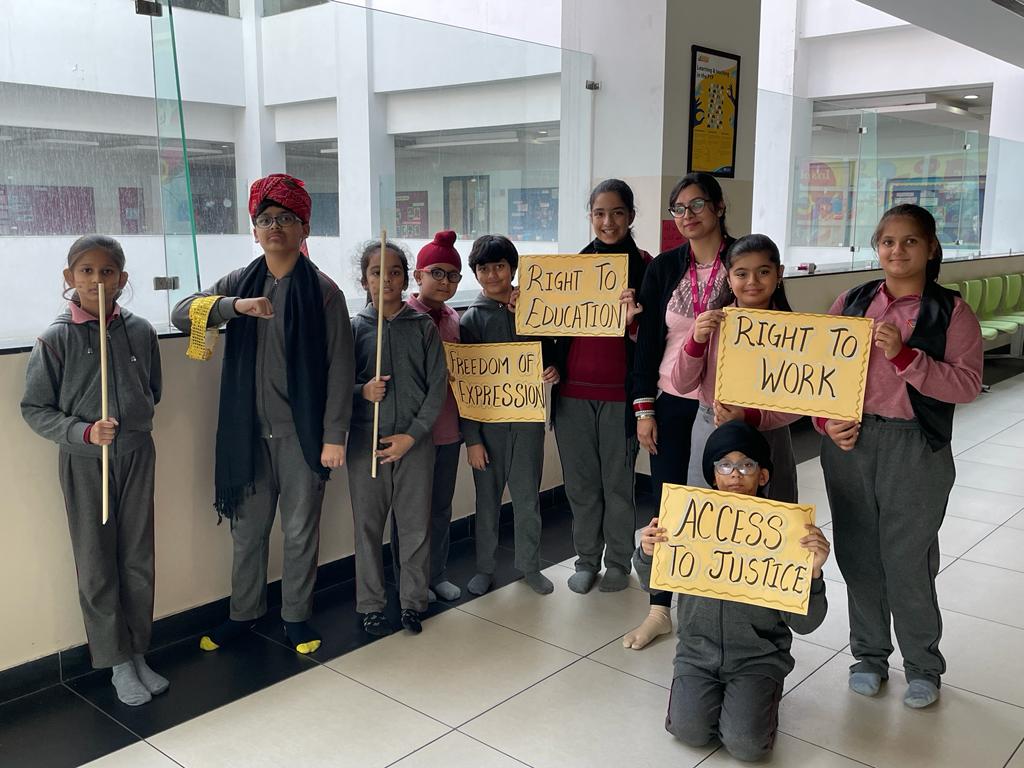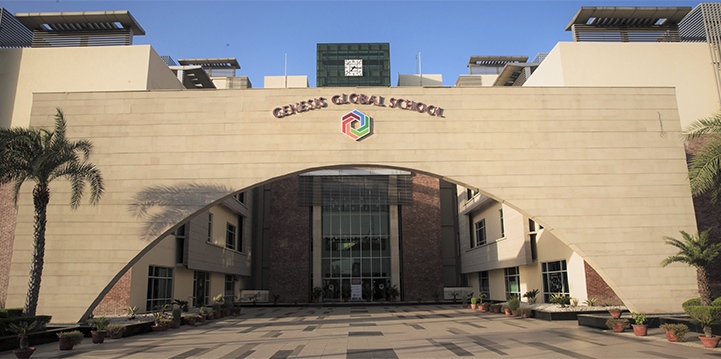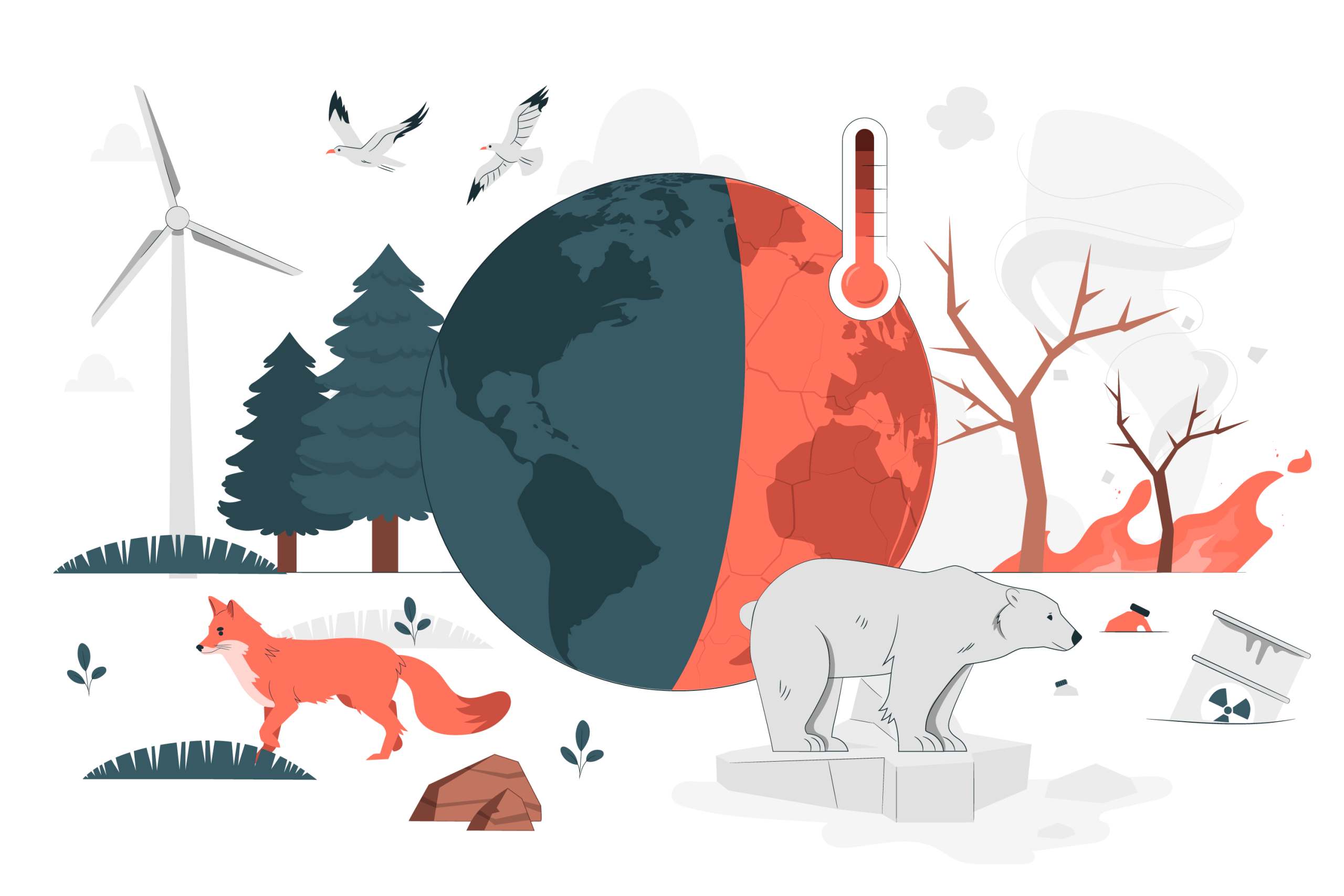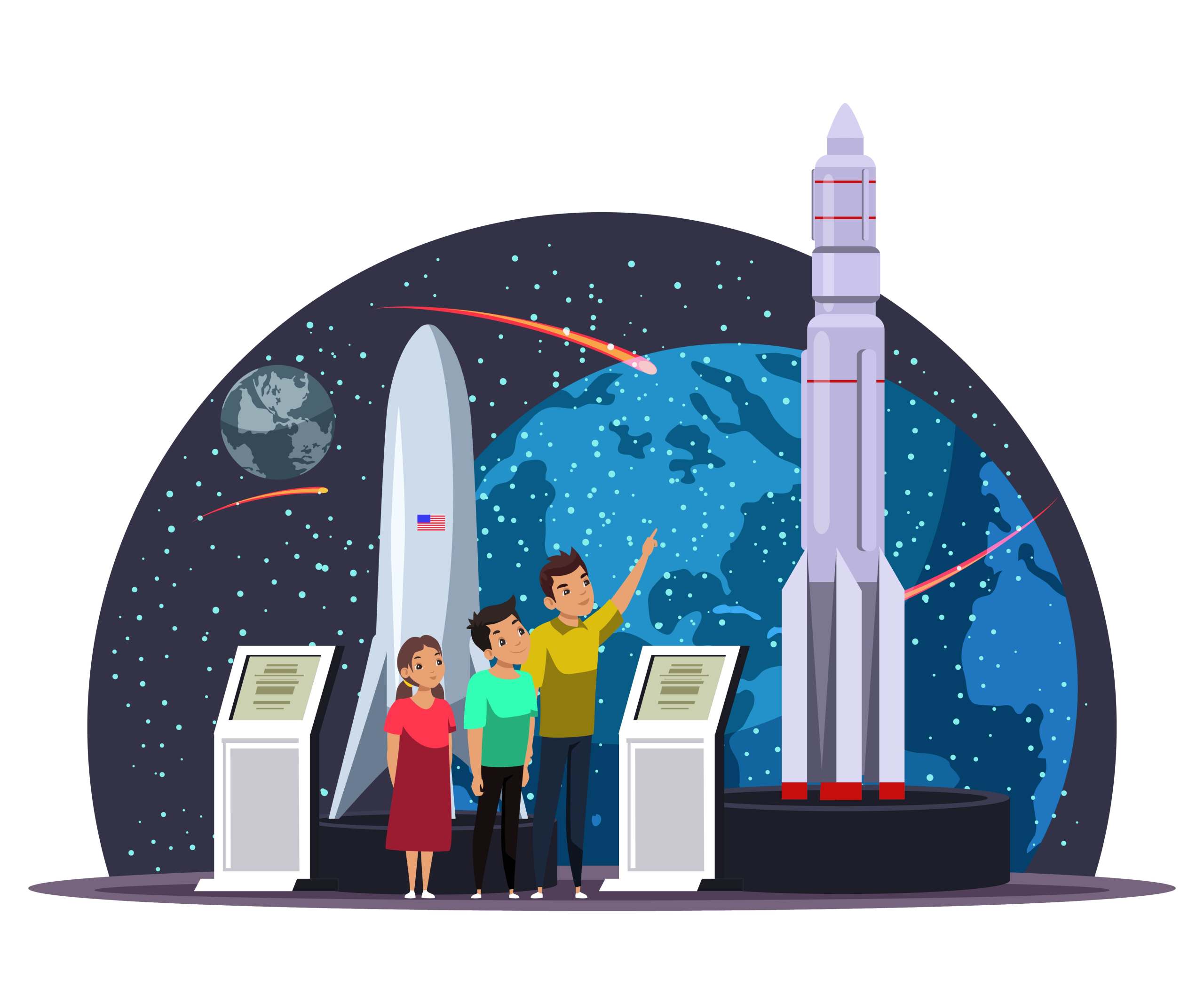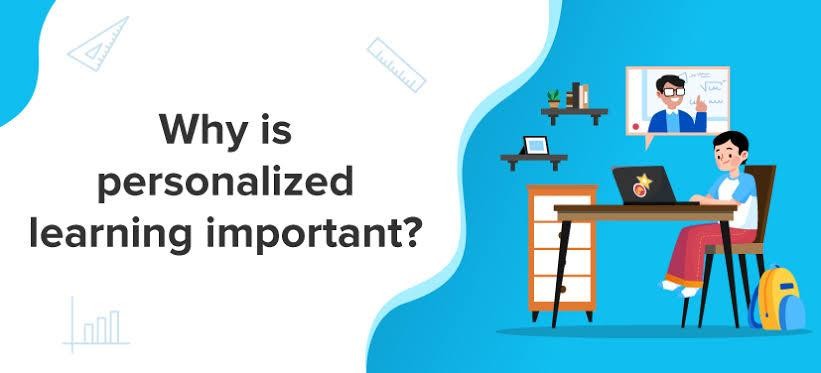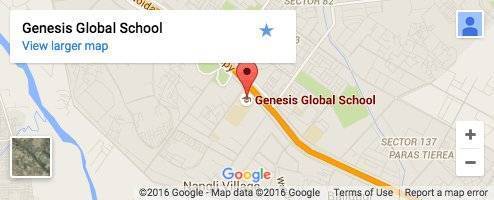Fast Forward: How can Students Impact Education in the Future

With expanding technologies across sectors, education is rapidly transforming to become more learner centered, immersive and multi-disciplinary in its approach. While theoretical concepts still matter a lot, more emphasis is being given to blended learning, developing key skills and upgrading constantly. With blended, peer and personalized learning, technological mastery, diverse choices and more project based learning, the role of teachers as mentors will matter a lot while imparting education, going ahead. This is especially true in the context of best schools in Noida, where educators are dedicated to providing students with the most innovative and effective learning experiences that align with these modern educational trends.
In fact, the Organisation for Economic Co-operation and Development (OECD) has launched The Future of Education and Skills 2030 project that addresses two significant questions: What knowledge, skills, attitudes and values will today’s students need to thrive and shape their world? How can instructional systems develop these knowledge, skills, attitudes and values effectively?
What’s the future?
While individualized learning will encourage students to cultivate their preferred interests and passions, it will also create bonds and connections with their peers while undertaking collaborative assignments and projects. There is a need for setting up a strong educational base, highlighting the ongoing importance of literacy and numeracy. In today’s age when digital literacy and data literacy are the need of the hour, they will continue to grow in the future and students will have to do constant upgrades in their learning and knowledge with regard to the virtual technologies and more.
Some of the factors that are expected to shape the future of education, from a student’s perspective are:
An attitude of sustainability: There are multiple studies from the industry that signify the move towards sustainability. Therefore, students will be looking at using their innovation and creativity for environmental benefit and curriculums will definitely evolve around sustainability awareness and implementation.
Mental Well Being: Being connected to the self and the ability to relate to others and the environment around them will be a significant development for students. Therefore, physical, mental & emotional well-being will be crucial to maintain harmony and balance. Curriculums will be devised to incorporate these values in a broader and bigger way. Human values and life skills like adaptability, agility, risk taking and risk management, empathy, communication, will be more pronounced through curriculums and new age pedagogies.
Key Skills: Collaboration, leadership, reasoning, critical, analytical & creative thinking will continue to stay strong and will also drive learning in schools, higher educational institutions and even workplaces where being a ‘forever learner’ will be a big uptick.
Era of Personalized Learning: As technology and its related tools keep advancing, there will be more digital tools that will make paced or personalized learning a significant step for the future of education. Since a one-size-fits-all approach cannot work in education and an individual student has his own strengths and weaknesses, more digital tools will help them absorb, assimilate and understand concepts, utilize them correctly while being exposed to multiple opportunities to develop fully to their potential.
Peer Learning: Peer learning will continue to flourish as students will continue to evaluate each other based on their learning, provide support and space to progress together.
Time management: Students will learn how to draw up a time table, schedule their studies, priorities the areas of their strengths and weaknesses and also delve deeper into remote learning as well.
Blended Learning: With technology explosion in the last decade and more AI driven education, blended learning is expected to be the roadmap for education—from traditional classroom learning, to drawing concepts and knowledge from the digital universe, immersive and hands on projects and assignments —it will continue to transform education.
The Way Ahead
The government, educational institutions and other key stakeholders can collaborate more on understanding what students want and how they would like to shape the future. While many schools are encouraging student led initiatives like clubs and forums that discuss multiple issues, technological advances, social matters among other developments, students themselves should be encouraged to look for innovative and creative solutions to many challenges. With so much exposure to knowledge, students will see teachers as mentors who guide them through their education.
As education undergoes a dynamic shift towards learner-centricity and technology integration, the future promises a landscape defined by personalized learning, mental well-being, and key skill development. The OECD’s Future of Education and Skills 2030 project underscores the importance of adapting curriculums to address sustainability, mental health, and essential life skills. Top CBSE schools in Noida can play a pivotal role by embracing personalized and blended learning, fostering peer collaboration, and emphasizing time management. As education evolves, collaboration between the government, educational institutions, and stakeholders becomes paramount to shaping a future where students are empowered to innovate and find creative solutions to emerging challenges.
Popular Posts
Recent Posts
Archive
- January 2025
- December 2024
- November 2024
- October 2024
- September 2024
- August 2024
- July 2024
- June 2024
- May 2024
- April 2024
- March 2024
- February 2024
Newsletter
 A1 and A12, SECTOR-132,EXPRESSWAY, NOIDA (201304)
A1 and A12, SECTOR-132,EXPRESSWAY, NOIDA (201304)
 +91-9711000498 / 560 / 625 / 626
+91-9711000498 / 560 / 625 / 626
 info@genesisgs.edu.in
info@genesisgs.edu.in
- Contact Us
- Address
- Mobile Number
- +91-9711000498 / 560 / 625 / 626
- info@genesisgs.edu.in
© Copyright 2018, all rights reserved with Genesis Global School

